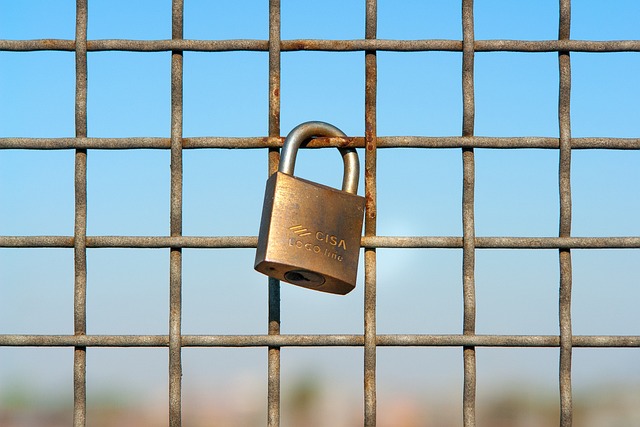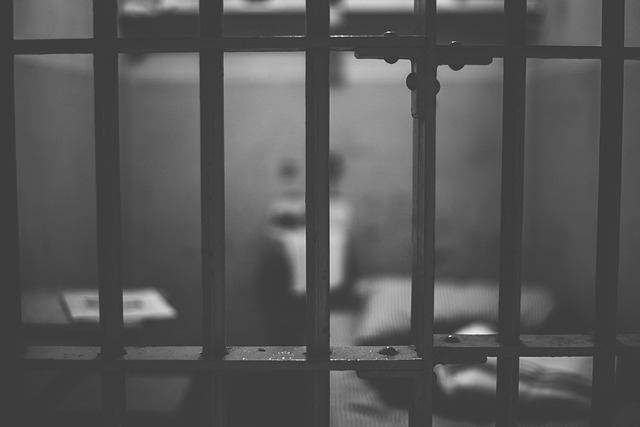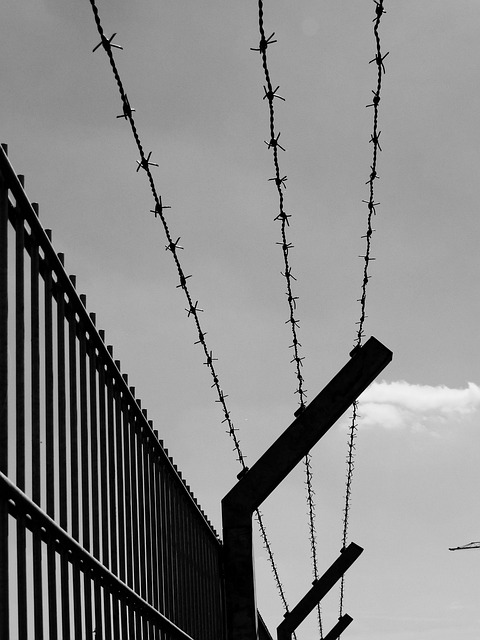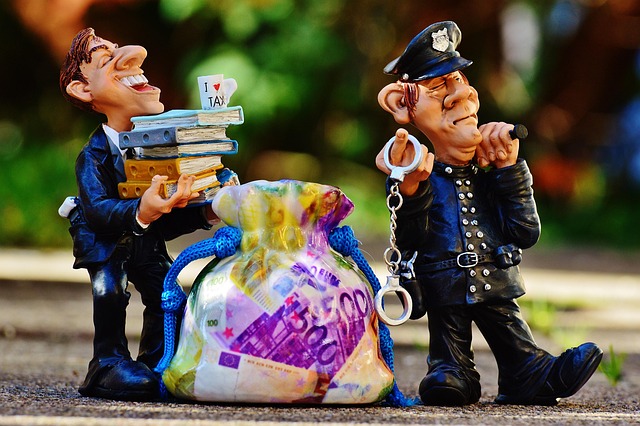The article explores how Driving Under the Influence (DUI) significantly impacts teen personal relationships. It states that DUI not only carries legal penalties but also damages trust among peers, potentially leading to isolation within their social circles. Rehabilitation programs are highlighted as crucial lifelines, offering therapeutic sessions and group activities to encourage accountability, remorse, and improved communication skills, helping teens restore friendships, family bonds, and romantic partnerships. Post-rehab, active listening, empathy, and family therapy sessions are vital for rebuilding healthy communication patterns and relationships. Overcoming isolation requires building a robust support network, including engaging in group therapy and peer support groups to foster a sense of belonging and promote recovery.
In the crucible of adolescence, the impact of Driving Under the Influence (DUI) can be devastating, not just on teens but also on their social circle. This article explores how rehabilitation programs act as a lifeline, restoring personal relationships and fostering resilience. We delve into effective communication strategies post-rehab and the importance of building supportive networks for lasting recovery. Understanding the true cost of DUI is the first step towards helping teens back on track.
- Understanding the Impact of DUI on Teens and Their Social Circle
- The Role of Rehabilitation in Restoring Personal Relationships
- Strategies for Effective Communication Post-Rehabilitation
- Building a Supportive Network for Lasting Recovery
Understanding the Impact of DUI on Teens and Their Social Circle

The impact of Driving Under the Influence (DUI) on teens extends far beyond legal consequences. It disrupts their personal relationships and social circle, creating a ripple effect that can last well into adulthood. Teenagers often form tight-knit groups with shared interests and activities, including driving. When a teen engages in DUI, it not only puts them at risk but also jeopardizes the trust and safety of their peers. This can lead to isolation within their social group as friends may distance themselves, fearing for their own well-being or facing potential legal repercussions.
DUI charges can cast a shadow over a teenager’s reputation, affecting their standing within their peer group and even impacting their future relationships. It’s crucial for teens to understand the far-reaching consequences of their actions, including how DUI can strain personal connections and alter social dynamics. This awareness is a vital step towards prevention and promoting responsible behavior.
The Role of Rehabilitation in Restoring Personal Relationships

Rehabilitation plays a pivotal role in helping teenagers restore and rebuild their personal relationships, especially after an incident involving a DUI (Driving Under the Influence). The impact of a DUI can be profound, causing strain and damage to friendships, family bonds, and romantic partnerships. During this challenging period, rehabilitation centers offer a safe and supportive environment where teens can begin mending these relationships.
Through therapy sessions and group activities, teenagers learn to take accountability for their actions, express remorse, and develop healthier communication skills. This process fosters empathy and understanding, allowing them to reconnect with loved ones on a deeper level. Additionally, rehabilitation programs often include education about the effects of alcohol and drugs, empowering teens to make better choices in the future and prevent further strain on their personal relationships.
Strategies for Effective Communication Post-Rehabilitation

After completing a teen rehabilitation program, reestablishing healthy communication patterns is crucial for long-term success and repairing damaged relationships, especially those affected by DUI (drunk driving). The impact of DUI on personal relationships can be profound, leading to trust issues, anxiety, and even estrangement. Therefore, teens should be encouraged to openly discuss their experiences during rehab and the challenges they face in reconnecting with loved ones. This process starts with active listening—a skill that helps individuals understand others’ perspectives and emotions without judgment. By practicing empathy, teens can foster a safe space for conversation, allowing them to share their struggles and receive support.
Additionally, family therapy sessions can play a pivotal role in mending relationships. These sessions provide a platform for open dialogue, where family members can express their feelings, set boundaries, and work together to develop coping strategies. It also enables teens to learn effective communication techniques tailored to different relationship dynamics, enhancing their ability to navigate interpersonal interactions post-rehab.
Building a Supportive Network for Lasting Recovery

The journey towards recovery from a DUI (drunk driving) is often isolating, but building a supportive network is key to lasting success. This includes reaching out to family and friends who can provide emotional support and accountability. Group therapy sessions and peer support groups also play a crucial role in creating a sense of belonging and understanding among individuals facing similar challenges.
The impact of DUI on personal relationships can be profound, leading to isolation and strained connections. However, by actively fostering a supportive network, teens can navigate the recovery process with increased resilience. This involves openly communicating their struggles, setting healthy boundaries, and seeking help from those who care, ultimately strengthening their support system as they strive for sobriety.
The impact of DUI on teens extends far beyond legal consequences, disrupting their social circles and personal relationships. However, through comprehensive rehabilitation programs that focus on communication strategies and building supportive networks, teens can regain their connections and foster lasting recovery. By understanding the profound effects of DUI and implementing effective interventions, we empower teens to heal and rebuild their lives, restoring harmony to their social circles once again.






